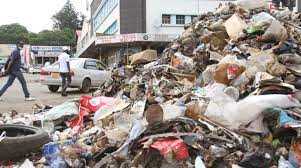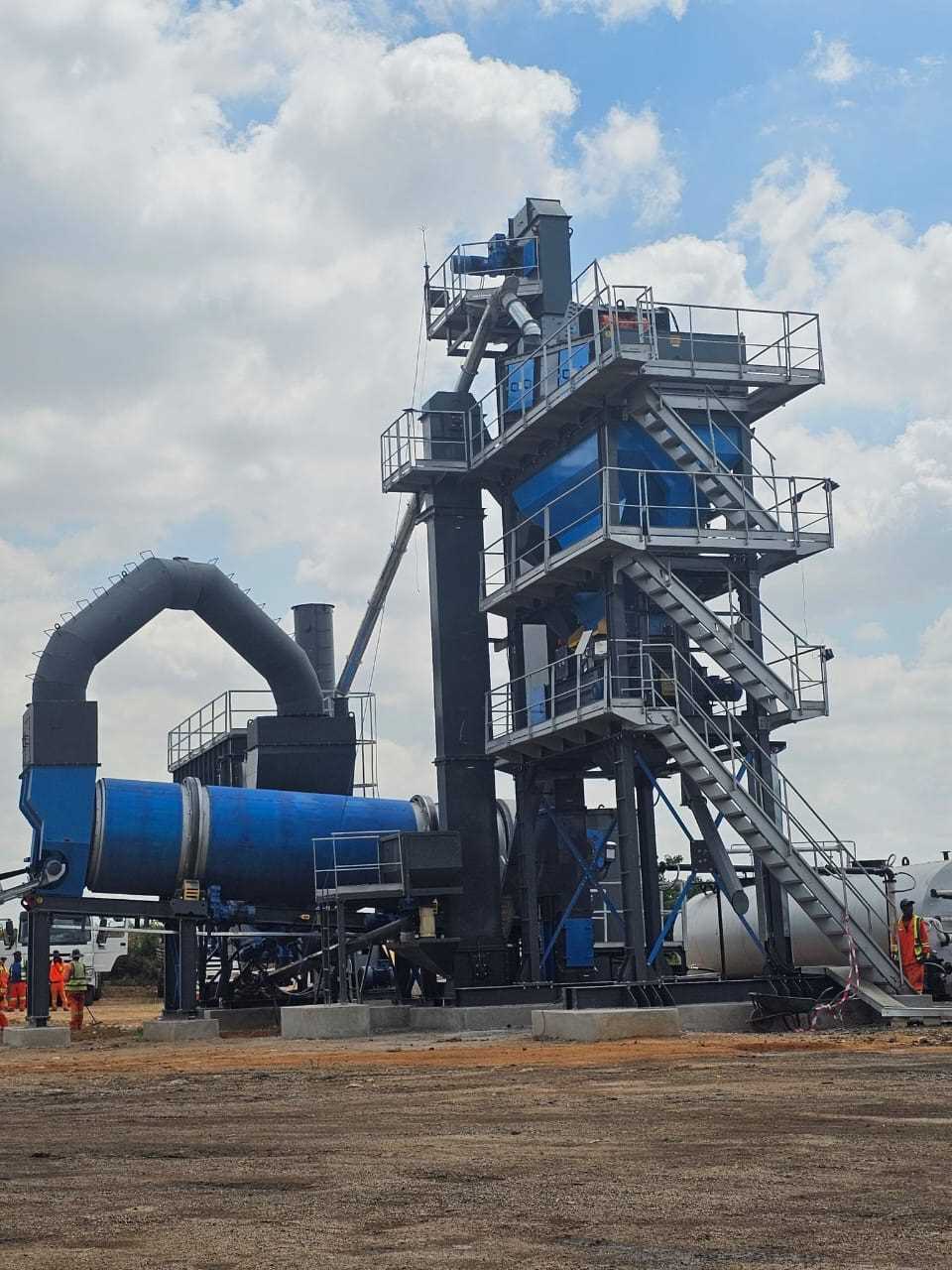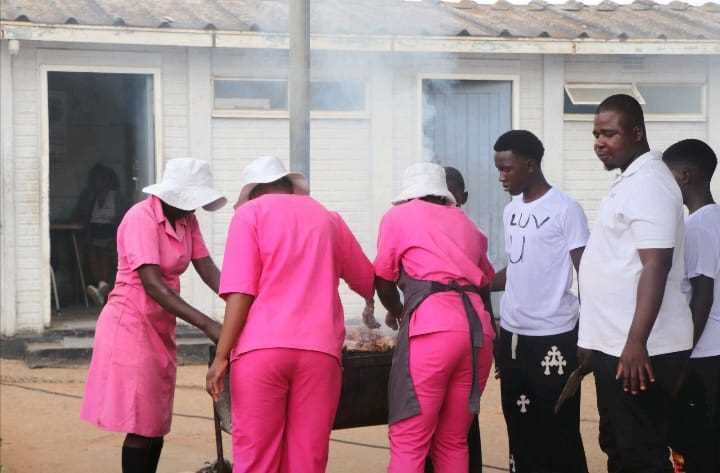
Audrey Galawu
Service delivery issues have been on the rise in local authorities from 2021 and in 2022 with local authorities lagging behind to meet the growing demand for services.
At least 33 issues of poor service delivery were reported in 2021 while 41 were recorded in 2022, as reported by the Office of the Audit-General report for 2022.
The Audit-General’s report highlighted that local authorities are behind in terms of infrastructural development which has resulted in poor access to healthcare, housing, water, safe sanitation and social amenities.
Clinics in Kadoma City council for instance, are reportedly operating with a shortage of registered general nurses and sisters in charge and have no functional ambulances.
The OAG reported that as of 2019, Karoi Town council had only one clinic (Chikangwe Clinic) to serve the whole town and there was no running tap water at Chikangwe.
Zvishavane Town council also does not have any clinic or hospital and relies on one district hospital and government clinic against a population of approximately 33 075 people.

According to Zimbabwe Coalition on Debt and Development, these undesirable conditions are also leading to increased avoidable deaths due to limited rapid response.
Related Stories
ZIMCODD added that it is also leading to the spread of medieval water borne diseases like cholera and typhoid.
“Dilapidating infrastructure, poor remuneration, and a shortage of drugs, medical equipment, and healthcare personnel in council-owned healthcare institutions are increasing costs for residents in the form of higher out-of-pocket costs, higher insurance premiums, and increased prices of drugs.
“Surprisingly, there are many communities, urban and rural alike, without access to clean water more than 40 years after the attainment of independence. The latest audit report has indicated that many LAs are to blame for severe water challenges faced by residents, particularly in urban areas.
“These LAs are failing to expand water infrastructure, repair broken pumps and meters, replace aging water distribution networks, and curtail illegal connections and vandalism. For instance, 70%, 43%, and 21% of water meters in Ruwa RDC, Mutare City Council, and Chinhoyi Municipality respectively, were dysfunctional.
“Yet, the use of estimates when billing customers leads to below-cost pricing. The Victoria Falls City Council also had no water reservoirs and hence could not provide residents with alternatives during emergencies like power cuts and plant breakdowns. These shortages of clean and safe water across many LAs are increasing the opportunity cost of unpaid care work such as lost hours of schooling for young girls,” the organisation said.
The organisation added that the country remains a major country in the Southern African Development Community region struggling with the repeated outbreaks of medieval diseases such as cholera as a result of the under-provision of sanitation services by local authorities as investment in infrastructure.
For example, the nation is experiencing rising cholera cases with more than 6 686 suspected cases and 1 127 confirmed cases reported as of early November.



















Leave Comments